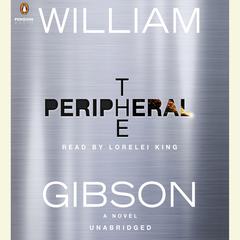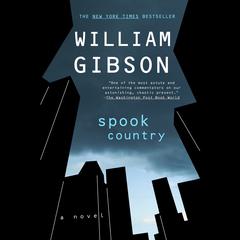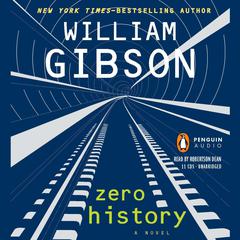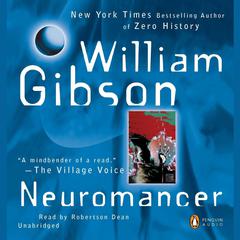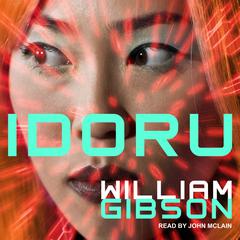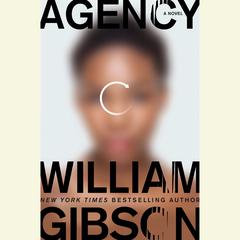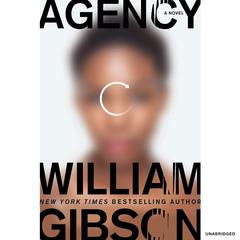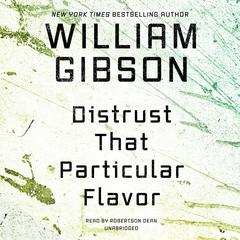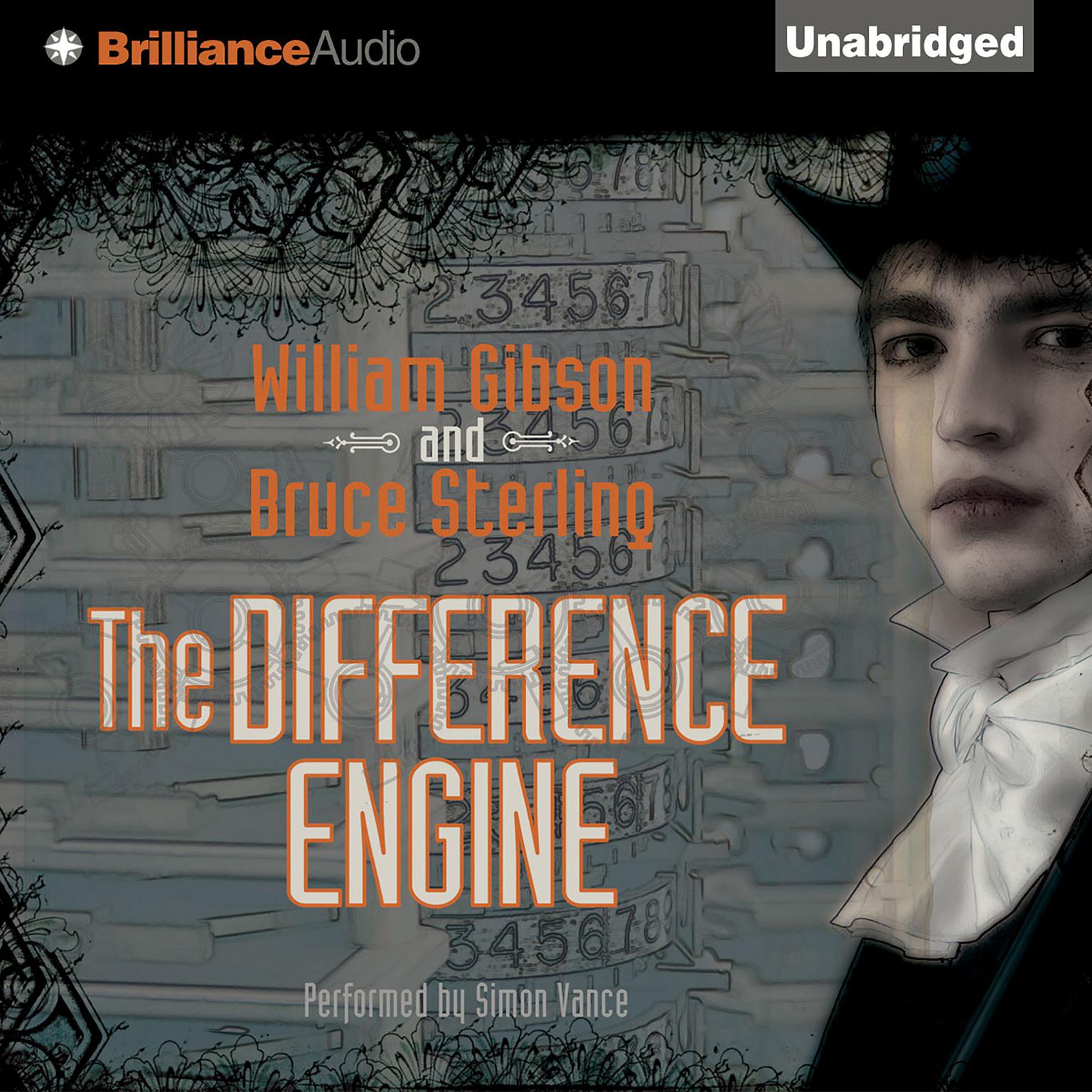 Play Audiobook Sample
Play Audiobook Sample
The Difference Engine Audiobook
 Play Audiobook Sample
Play Audiobook Sample
This audiobook is no longer available through the publisher and we don't know if or when it will become available again. Please check out similar audiobooks below, and click the "Vote this up!" button to let us know you're interested in this title. This audiobook has 2 votes
Quick Stats About this Audiobook
Total Audiobook Chapters:
Longest Chapter Length:
Shortest Chapter Length:
Average Chapter Length:
Audiobooks by this Author:
Publisher Description
1855: The Industrial Revolution is in full swing, powered by steam-driven cybernetic Engines. Charles Babbage perfects his Analytical Engine, and the computer age arrives a century ahead of its time. Three extraordinary characters race toward a rendezvous with the future: Sybil Gerard—fallen woman, politician’s tart, daughter of a Luddite agitator; Edward “Leviathan” Mallory—explorer and paleontologist; Laurence Oliphant—diplomat, mystic, and spy. Their adventure begins with the discovery of a box of punched Engine cards of unknown origin and purpose. Cards someone wants badly enough to kill for.
Part detective story, part historical thriller, The Difference Engine took the science fiction community by storm when it was first published more than twenty years ago. Provocative, compelling, and intensely imagined, this novel is poised to impress a whole new generation.
Download and start listening now!
"If steampunk didn't exist before The Difference Engine Gibson and Sterling invented it, because the book is really an absolute steam punk manifesto. Every staple steampunk element is represented in spades and blended together by Gibson's virtuosic world-building talents into an engrossing portrait. The characters are convincing and well-developed, and their sub-plots tie into each other very well. Not much else to say really, no ground-breaking concepts introduced, so not a 5-star masterpiece, but a near-perfect interpretation of the steampunk genre."
— Ivo (4 out of 5 stars)
Awards
-
Nominated for the 1991 Nebula Award for Best Novel
The Difference Engine Listener Reviews
-
" A genre-bending mix with a very original storyline, I think this gave rise to the term Steampunk. "
— Stuart, 2/15/2014 -
" So much potential... so little payoff. "
— Michelle, 2/1/2014 -
" It was alright; could have cut about 150 pages and it woulda been the same story. I think maybe I'd be more interested in reading the actual history; some of it left me being like "yeah but wtf actually happened". It was entertaining. "
— kate, 1/30/2014 -
" A generation after the computer is invented in 1824, England is gritty, powerful, and on the edge of political upheaval, when a set of punch-cards arrives in London. No one knows what they do, except maybe the people willing to kill for them. As the cards change hands, the reader gets an intriguing, often thrilling tour of a nearly cyperpunk London, from horse races to programmer offices to the kinetic pictures. It's a fantastic what-if novel and the possibilities and repercussions don't end when the book does. "
— Book, 1/22/2014 -
" I liked all the steam punk stuff a lot, the clacking, the kinotropy, the savants and the Rad institutions. All the alt history was fun too. But the narrative was not very satisfying, too choppy, characters I had to work to get interested in just disappearing (more or less). Oh, and barely any real story. "
— Simon, 1/17/2014 -
" Highly disappointing. Amazing world building. But the novel drowns in its details. The plot was an incomprehensible labyrinthe that I thought I'd never escape. Not sure how I got through it. "
— James, 12/31/2013 -
" Good read, enjoyable, nice steampunk setting. "
— Viq, 12/28/2013 -
" No sir, I didn't like it. One of the few science fiction books I ever gave up on, even given the fact that I think that William Gibson is brilliant. I think he needs to stick to cyberpunk, and stay away from steampunk! "
— Steve, 11/5/2013 -
" As with much of William Gibson his attention to detail often bogs down much of the story to me. But since his work often define sub-genre's of science fiction I guess he should get a little slack. "
— Aaron, 10/24/2013 -
" This is the worst book I have read since the bible. And I love steampunk, but this was just bad! "
— Dakan, 10/17/2013 -
" The plot just did not work for me. "
— Marc, 7/4/2013 -
" This book was awesome about setting the scene and creating the world, but it was really slow for anything to happen. Also I think it kind of fizzled at the end. "
— Gwen, 10/27/2012 -
" makes for a nice mingle & really gets your attention for the detailed historical entries "
— Kiddonne, 9/4/2012 -
" I so wanted to love this. The idea of how the world might be if Charles Babbage had succeeded in building his computing machines fascinates me. That was hardly touched upon really, and it felt like a missed opportunity. Hopefully someone else will try writing about it too? "
— Jude, 1/5/2012 -
" Attempts, for Steam Punk, what Gibson's earlier works did for Cyber Punk. Not as satisfactory, on the whole, though. "
— Jack, 6/2/2011 -
" I like the setting quite a bit - steampunkish without going over the top. Parallels to our current info age are fascinating. But plot-wise this did very little for me - It meanders around without much of a point for far too long. "
— Chad.haefele, 4/13/2011 -
" Not my favourite book. Sometimes a slow read. But very interesting, therefore worth the read! "
— Athena, 4/3/2011 -
" sorry, but i just don't like these sorts of books... "
— Angie, 4/2/2011 -
" I was really disappointed with this book. I love William Gibson, but this collaboration with Bruce Sterling was a swing and a miss. "
— Snoof, 3/15/2011 -
" Good read, enjoyable, nice steampunk setting. "
— Viq, 3/10/2011 -
" I wanted to enjoy this book a lot more than I did. It started strong, but Gibson seemed to lose the thread of his novel as he moved forward. "
— Bob, 2/24/2011 -
" I realized, partway in, that I had read this novel years ago. I soldiered on, looking for the particular genius of William Gibson. Surely, any page now, this story will catch fire. But it never happened. Not the best example of Gibson's genius. "
— Paul, 2/6/2011 -
" I have no idea what this book was about - but it was a bloody good read. "
— James, 2/4/2011 -
" A disappointment from Gibson. Disjointed plot.<br/> "
— Jessie, 2/3/2011
About the Authors
William Gibson is the highly acclaimed, multiaward-winning author of science fiction novels, with six books reaching the New York Times bestsellers list. His first novel, Neuromancer, won the 1984 Hugo Award, the Nebula Award, and the Philip K. Dick Award. In 2019, he was named the 35th Damon Knight Grand Master by the Science Fiction and Fantasy Writers of America.
Bruce Sterling is an American science fiction writer and Net critic, internationally recognized as a cyberspace theorist who is also considered one of the forefathers of the cyberpunk movement in science fiction. He has won a John W. Campbell Award, two Hugo Awards, and an Arthur C. Clarke Award.
About Simon Vance
Simon Vance (a.k.a. Robert Whitfield) is an award-winning actor and narrator. He has earned more than fifty Earphones Awards and won the prestigious Audie Award for best narration thirteen times. He was named Booklist’s very first Voice of Choice in 2008 and has been named an AudioFile Golden Voice as well as an AudioFile Best Voice of 2009. He has narrated more than eight hundred audiobooks over almost thirty years, beginning when he was a radio newsreader for the BBC in London. He is also an actor who has appeared on both stage and television.




